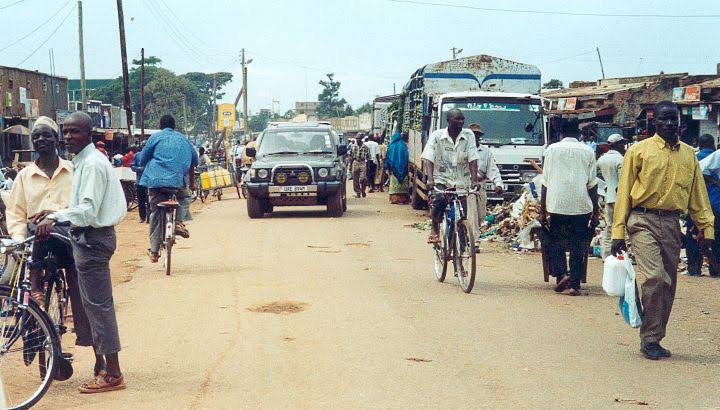According to the Federal Capital Territory Administration (FCTA), strategic actions are required to achieve sustainable transport development in Africa.
Mr Yahaya Usman, FCTA’s Acting Transport Secretary, made the announcement on Monday at the 4th Africa Sustainable Urban Mobility (SUM) Course in Abuja.
The event’s theme is “Development of Walking, Cycling, and Public Transportation as Hope for Africa’s Transportation Future.”
Usman stated that transportation, as a major enabler of sociopolitical and economic development, necessitated continuous innovation to keep up with the changing dynamics of the world.
According to him, the pace of global transformation and, in particular, innovations in urban transportation are so rapid that, if we are not careful, African cities will lose their competitiveness in the coming years.
Mr Dele Yaro, Deputy Director, Operations, Directorate of Road Traffic Services, Mabushi, represented Usman.
He explained that transportation advancements at the rate of the rest of the world were impossible to achieve without cognate and current knowledge.
“It is worth noting that transportation and mobility are critical to citizens’ and the nation’s well-being and socioeconomic development; thus, their quality, sufficiency, and efficiency are critical.”
“‘As it stands, Africa is confronted with enormous challenges limiting its pace of development, ranging from poverty to disease, infrastructure deficits, and a slew of other issues stifling our progress.” All of this necessitates strategic actions, with sustainable transportation development at the forefront.
“This is why appropriate human resource expertise must be developed to provide the necessary transformation,” he explained.
The Secretary congratulated the organizers of the capacity-building course and expressed the administration’s commitment to continue collaborating with Ochenuel Mobility and its collaborators on this noble initiative.
“We shall ensure that the knowledge acquired by our personnel participating in this course is expeditiously put to use in the ongoing and future development of Abuja urban mobility,” he said. “We also hope to maintain the relationship with the organizers in order to draw from their wealth of knowledge in ensuring that Abuja fulfills its vision of a competitive city that is the pride of all Africans.”
Mr. Emmanuel John, Director of SUM Course, stated that the training was designed to increase the capacity of stakeholders in the transport and urban mobility sub-sector of the transportation industry.
“We are looking at developing an efficient public transportation system, cycling, walking, and technological advancements, as well as ensuring vehicle electrification.” So that our transportation system can be fit for today and future generations without causing pollution/emissions that affect climate change, efficiency and cost effectiveness can be realized, and everyone can use the road.” We have participants from all over Africa here to discuss the issues.
“After we’ve learned enough from everyone,” John said, “we’ll come up with a policy recommendation that city authorities can adopt, and then we’ll have a better transportation system for Africa.”
Mr Mahmood Muhammad, Commissioner of Housing and Transportation, Kano, for his part, emphasized the importance of establishing a regulatory framework in our cities in order to implement transportation mobility.
According to Muhammad, poor infrastructure provision is also a major challenge for transportation mobility in our cities.
